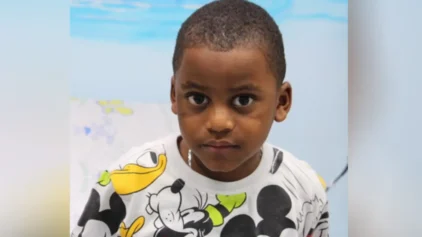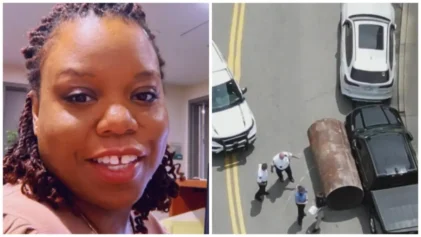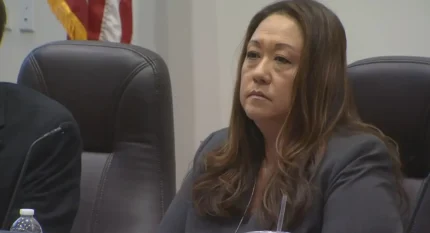Jamaicans fired back at Prime Minister Andrew Holness after he posted a message offering condolences following the death of Prince Philip on Friday, April 9. Prince Philip, Duke of Edinburgh and husband of Queen Elizabeth II, was 99.
The Jamaican leader wrote on Instagram, “We are deeply saddened by the news of the passing of His Royal Highness Prince Phillip, Duke of Edinburgh.” Holness praised his “keen interest in scientific and technological research and his commitment to the protection of the environment.”
However, in the comment section, users criticized the commemorative message about the British royal.
“R we really said though?” one user commented. “We are?” another questioned. A third simply commented, “Colonizer.”
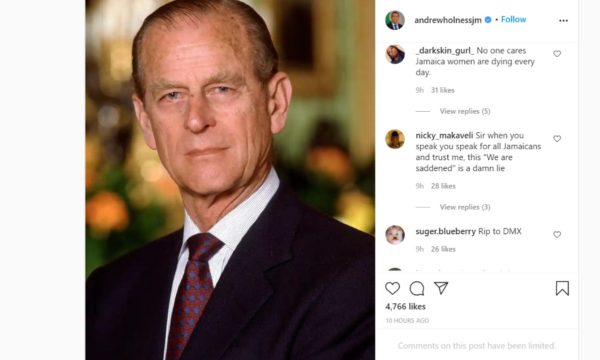
Jamaica was declared a Crown colony in 1866, then became independent with full dominion status within the Commonwealth in 1962 under a constitution that retained the British monarch as head of state.
For years, Jamaica’s prime ministers have entertained the idea of replacing Queen Elizabeth as head of state.
In 2012, former Prime Minister Portia Simpson Miller, said it was time for Jamaica to cut ties with the British monarchy and declare itself an independent republic.
“I love the Queen. She’s a beautiful lady and apart from being a beautiful lady a wise lady and a wonderful lady, but I think time come,” Miller said.
Then, while speaking in 2016, current Prime Minister Holness said that if the country replaced the Queen as head of state, it would not cut ties with the Commonwealth.
“Jamaicans have embraced the Queen and embraced our legacy in terms of the laws and the system of governance we have – but the deep burning desire we have for full independence still exists,” Holness said.
In his statement about the death of Prince Philip, Holness also wrote, that he “was indeed a friend to Jamaica,” adding, “His was a life of service, dedication and loyalty.”
User @alexx_is_amazing wrote under the post, “friend of which Jamaica?”
Another user, @jamaicantillidie, wrote “WE ARE NOT all DEEPLY SADDENED… Some of you Colonially Conditioned and Subjugated people might be saddened by the lost of your white Prince. The only purpose Philip served was to walk behind the Queen and say the most racist rubbish! That is how history will remember him. His racism is a public secret.”
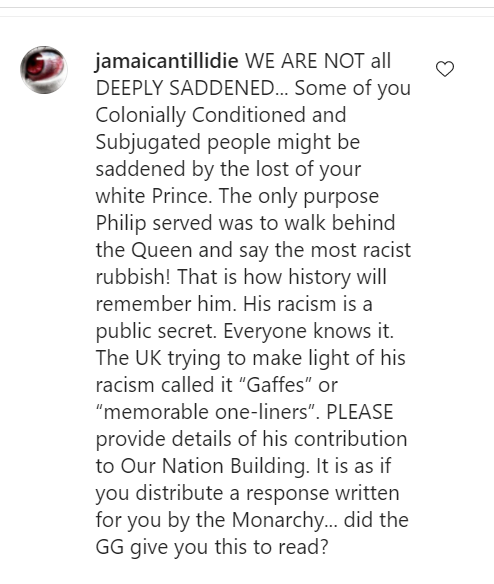
User @nicky_makaveli added, “Sir when you speak you speak for all Jamaicans and trust me, this ‘We are saddened’ is a damn lie.”
Comments under the post were eventually disabled.
Prince Philip had a notable history of making racist comments.
In 1984, while accepting a gift from a local woman in Kenya, he asked, “You ARE a woman, aren’t you?”
Prince Philip asked indigenous performers during a royal visit to far north Queensland with the queen in 2002, “Do you still throw spears at each other?”
Then in 2003, he told Nigerian President Olusegun Obasanjo, who was wearing traditional dress, “You look like you’re ready for bed.”
The prince’s long history of problematic statements was summed up succinctly by Birmingham City University professor of Black studies Kehinde Andrews on Friday.
“He was a throwback to old-school racism,” Andrews said to CNN. “Painting him as a benign, cuddly uncle of the nation is simply untrue.”
As with other British-Caribbean colonies, people from West Africa were transported to Jamaica and enslaved under brutally oppressive conditions to work on plantations. In Jamaica, many enslaved people worked on sugar plantations, as sugar was a key export for the colony.
After the British Parliament’s 1807 abolition of the slave trade, transporting people in bondage to Jamaica after March 1, 1808 was outlawed. Slavery persisted on the island until 1838.
Last year Barbados, another Caribbean nation with similar history of enslavement of African peoples under the British, announced its intention to remove Queen Elizabeth as its head of state and become a republic. “The time has come to fully leave our colonial past behind,” Barbados Governor-General Sandra Mason announced last September.
